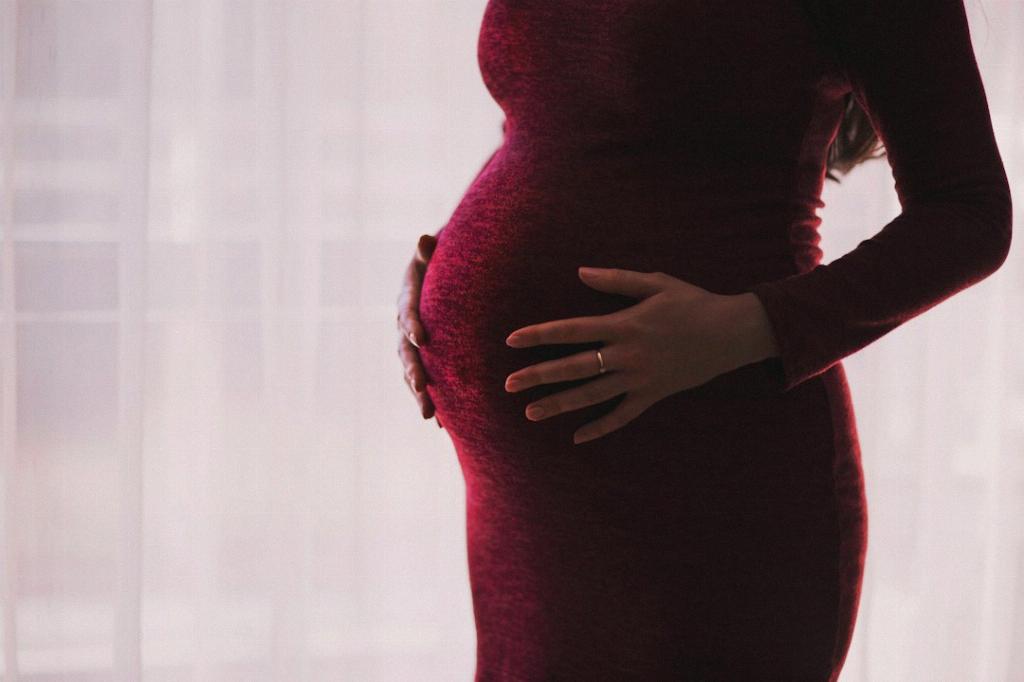It’s natural to be curious about the progress of your pregnancy, especially when it comes to the dilation of your cervix. While the most accurate way to determine dilation is through a pelvic exam by a healthcare provider, there are some signs that may indicate cervical dilation without the need for a manual check.
Bloody Show
One common sign of cervical dilation is known as the “bloody show.” This refers to the release of a small amount of blood-tinged mucus from the vagina as the cervix begins to soften, thin out, and open up in preparation for labor. While it can be a messy and somewhat alarming sight, the bloody show is a clear indicator that your body is making progress towards childbirth.
Water Breaking
Another telltale sign that you may be dilating is the rupture of the amniotic sac, commonly referred to as the water breaking. This gush of amniotic fluid can be a sudden and unmistakable signal that labor is imminent, and the dilation of your cervix is likely underway. If you experience a sudden release of fluid, it’s crucial to contact your healthcare provider immediately.
Diarrhea
While less common, some women may experience diarrhea as a sign of impending labor and cervical dilation. The hormonal changes in your body as you approach childbirth can lead to gastrointestinal disturbances, including loose stools. If you find yourself making frequent trips to the bathroom with loose bowel movements, it could be a sign that your body is preparing for labor.
Back Pain
Back pain is a common complaint during pregnancy, but as you near the end of your term, it can also be a sign of cervical dilation. The pressure exerted by the baby as they move downward and the changes in your pelvic joints can cause discomfort in your lower back. If you experience persistent back pain that seems to radiate from your lower back to the front of your abdomen, it may be an indication that your cervix is dilating.
Increased Pressure
As your cervix starts to dilate, you may feel an increased sensation of pressure in your pelvic region. This pressure can be due to the baby’s head descending into the birth canal as the cervix opens up. If you notice a sudden change in the intensity of pressure in your pelvis, it could be a sign that your body is preparing for labor.
Contractions
One of the most recognizable signs of labor and cervical dilation is the onset of contractions. These rhythmic tightening and releasing of the uterine muscles help to thin and open the cervix, signaling that childbirth is approaching. If you experience regular and increasingly intense contractions that come at regular intervals, it’s likely that your cervix is dilating in preparation for delivery.
Changes in Discharge
As your cervix begins to dilate, you may notice changes in your vaginal discharge. The mucus plug, which blocks the opening of the cervix to protect the uterus during pregnancy, may be expelled as the cervix opens up. This thick, gelatinous discharge may be tinged with blood and is a clear indication that cervical dilation is occurring.
Emotional Changes
While it may not be a physical symptom, many women report feeling emotional changes as they approach labor and delivery. The anticipation, anxiety, excitement, and fear surrounding childbirth can lead to mood swings, heightened emotions, and a sense of readiness for the imminent arrival of the baby. If you find yourself feeling more emotional than usual, it could be a sign that your body is preparing for labor.
Restlessness
It’s not uncommon for women in the later stages of pregnancy to experience restlessness and difficulty sleeping as their bodies prepare for labor. The physical discomfort, hormonal changes, and emotional anticipation of childbirth can all contribute to a sense of restlessness and an inability to relax. If you find yourself tossing and turning at night or feeling a sense of unease, it may be a sign that your body is gearing up for delivery.
Urge to Nest
Some women experience an intense urge to nest as they near the end of their pregnancy. This instinctual drive to clean, organize, and prepare the home for the baby’s arrival can be a subconscious signal that labor is approaching. If you suddenly feel the need to scrub floors, arrange the nursery, and stock up on supplies, it could be a sign that your body is getting ready for childbirth.
Intuition
Finally, many women report having a strong intuition or gut feeling that labor is near as their bodies begin to prepare for childbirth. This intuitive sense of knowing that the baby is coming soon can be a powerful indicator that your cervix is dilating and labor is on the horizon. Trusting your instincts and listening to your body’s signals can provide valuable insights into the progress of your pregnancy.

